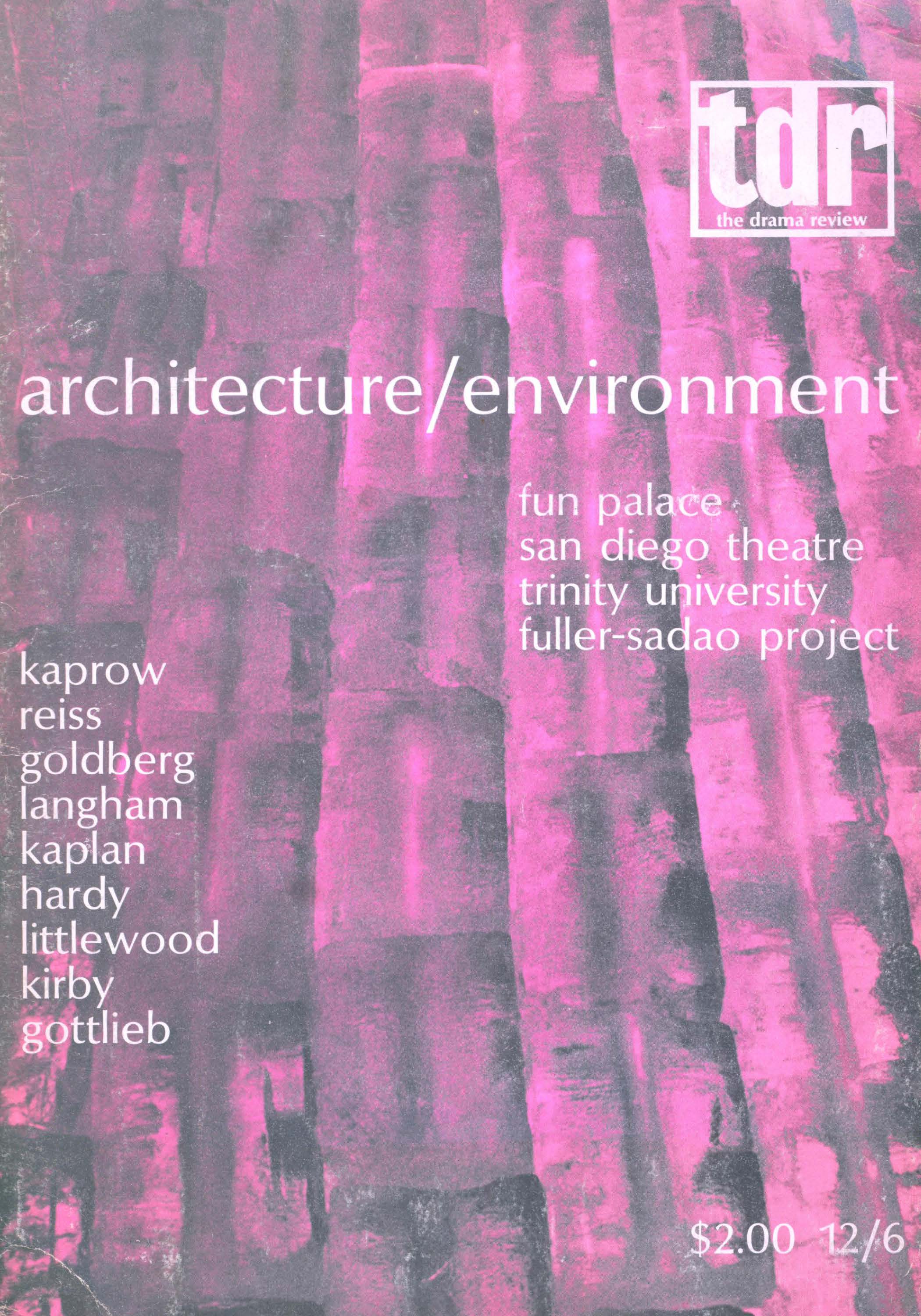No CrossRef data available.
Article contents
The Censor in the Ivy
Published online by Cambridge University Press: 07 December 2021
Extract
Today many states have no theatre censorship laws. When laws governing propriety in the arts were enacted (for example, in California in 1872), they anticipated censorable activity in literature, sculpture, and the visual arts, but never in theatre: such was the powerful, silent entente of gentility between audience and performer which bound theatre to its middle-class audiences. But today, even in much popular theatre, a measure of conflict is expected as part of the theatrical experience. Playwrights and theatre people, as never before in this country, are outspoken morally, philosophically, sexually, and politically. With neither tradition nor legal precedent to act as a guide, American theatre faces the possibility of powerful and unreasoned censorship.
Professional theatre in New York has had few censorship problems, most of them on grounds of obscenity, not politics or morality. A greater threat is censorship on campus.
- Type
- Research Article
- Information
- Copyright
- Copyright © 1970 The Drama Review




